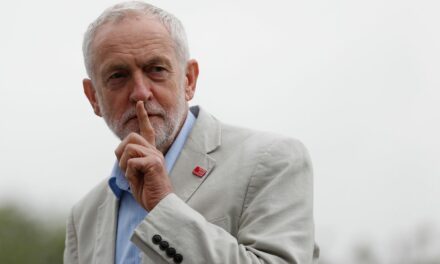The Civil Service has made the decision not to engage in its traditional practice of sabotaging government policies. The move marks a departure from the long-standing reputation of bureaucratic resistance and has left many observers astounded.
The Civil Service, known for its complex administrative machinery, has often been accused of hindering government initiatives through bureaucratic red tape, delays, and subtle opposition. However, in an unprecedented display of cooperation, civil servants have chosen to align themselves with the elected government’s agenda.
“This is a refreshing change of pace,” remarked Prime Minister Boris Johnson, visibly taken aback by the unexpected show of support. “It’s truly remarkable to see the Civil Service working in harmony with the government and prioritising the implementation of our policies.”
The decision has prompted speculation about the motivations behind this newfound collaboration. Some suggest that civil servants have recognised the importance of a functional relationship between the government and the bureaucracy in delivering effective governance. Others propose that the change in approach may be a strategic move to improve public perception and restore trust in the Civil Service.
The decision has received mixed reactions from the public and political commentators. Supporters of the government view this as a positive step towards greater efficiency and effectiveness in policy implementation. They hope that this newfound cooperation will result in smoother processes and improved outcomes for the country.
Critics, on the other hand, express concerns about potential repercussions. They argue that the Civil Service’s role as a check on government power is vital for democracy, and an uncritical alignment could lead to the erosion of accountability and the undermining of necessary checks and balances.
Only time will tell whether this change in approach by the Civil Service will be sustained or if it is merely a temporary shift in dynamics. The impact of this decision on policy outcomes and public trust in government institutions remains to be seen.
As the relationship between the government and the Civil Service continues to evolve, it is essential for both sides to strike a delicate balance. Collaboration and constructive engagement can lead to better governance, but it is equally crucial to maintain the principles of transparency, accountability, and democratic oversight.
The recent shift in the Civil Service’s approach offers an opportunity for reflection and examination of the relationship between politicians and bureaucrats. It raises important questions about the role and responsibility of civil servants in shaping government policies and delivering outcomes that serve the best interests of the nation.















